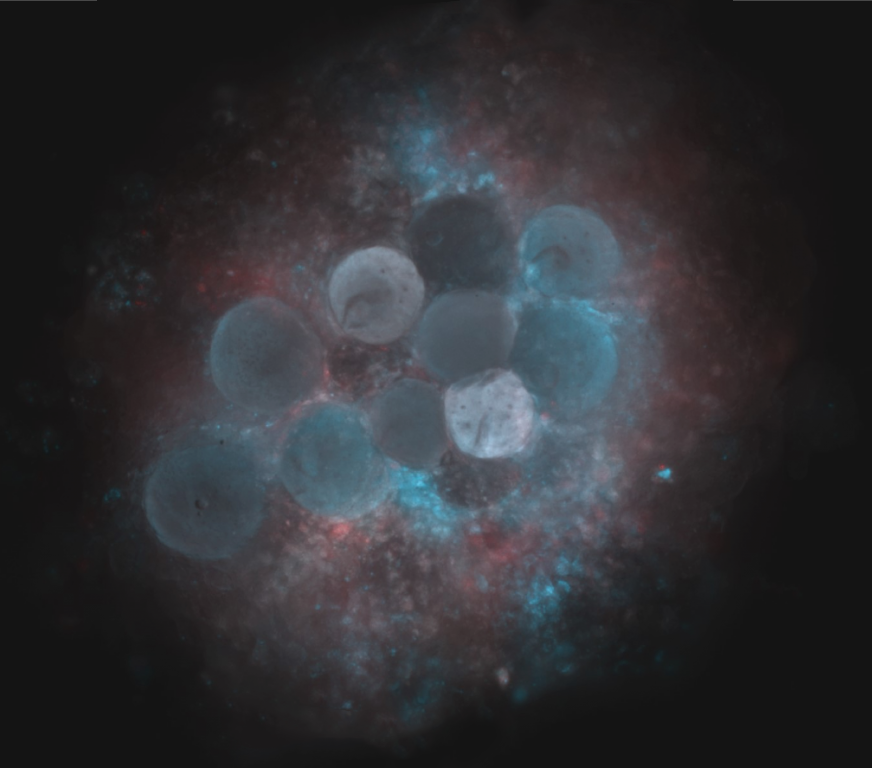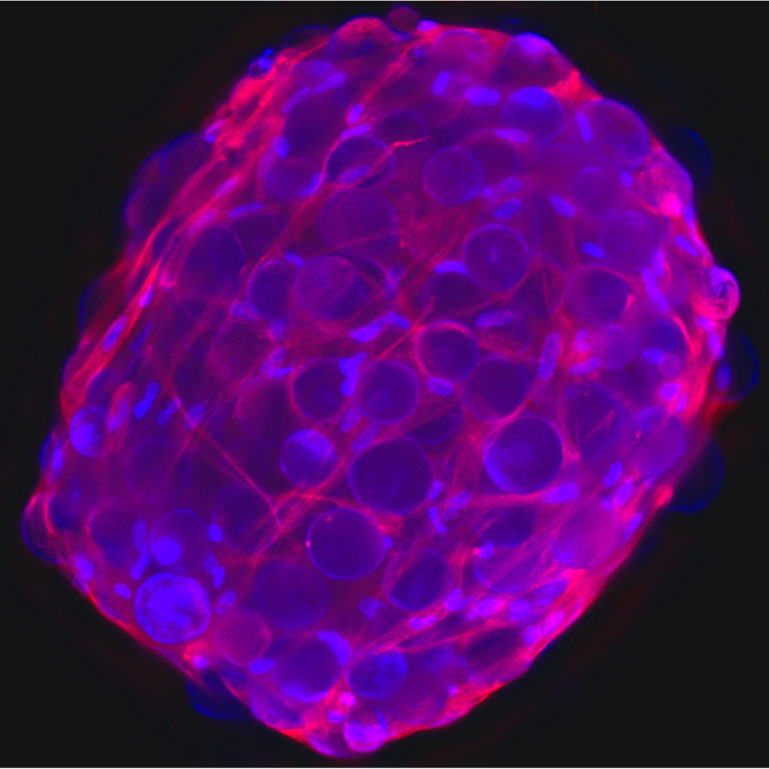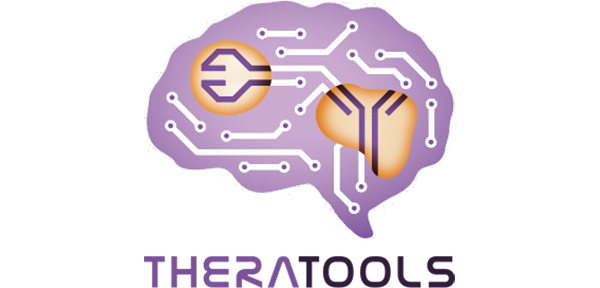
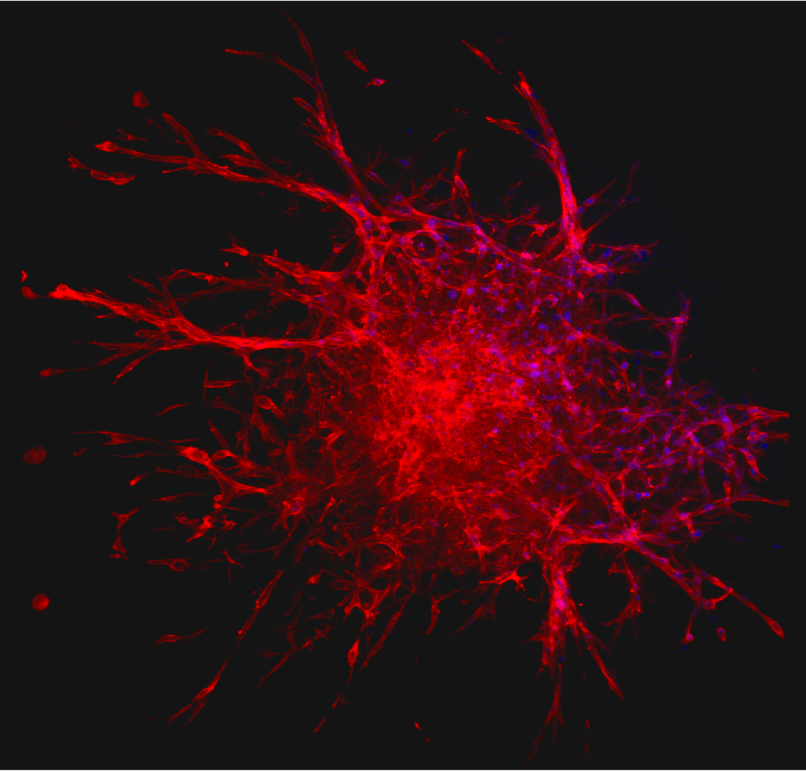
June 06, 9h00 (Lisbon/London Time)
Prof. Molly Stevens
Designing and translating biomaterials for regenerative medicine and therapeutics
Professor Dame Molly Stevens FREng FRS is John Black Professor of Bionanoscience at the University of Oxford and also holds part-time professorships at Imperial College London and the Karolinska Institute. Professor Stevens’ multidisciplinary research balances the investigation of fundamental science with the development of technology to address some of the major healthcare challenges. She is a serial entrepreneur and the founder of several companies in the diagnostics, advanced therapeutics and regenerative medicine space. Her work has been instrumental in elucidating the bio-material interfaces. She has created a broad portfolio of designer biomaterials for applications in disease diagnostics and regenerative medicine. Her substantial body of work influences research groups around the world (>450 publications, h-index 123, >58k citations, Clarivate Analytics Highly Cited Researcher). Professor Stevens holds numerous leadership positions including Deputy Director of the Kavli Institute for Nanoscience Discovery and the UK Quantum Biomedical Sensing Research Hub, and Scientist Trustee of the National Gallery. She is Fellow of the Royal Society and the Royal Academy of Engineering (UK), Foreign Member of the National Academy of Engineering (USA), International Honorary Member of the American Academy of Arts and Sciences, and she has been recognised with over 30 international awards including the 2023 Novo Nordisk Prize.
University of Oxford, United Kingdom
Impactful insights
Every week, these sessions feature top international speakers, delivering cutting-edge insights and a robust training component. All agenda times are in Lisbon/London time.
February 21, 8h30
Chunming Wang
University of Macau, China
Uncovering biological activities in polysaccharides for tissue repair
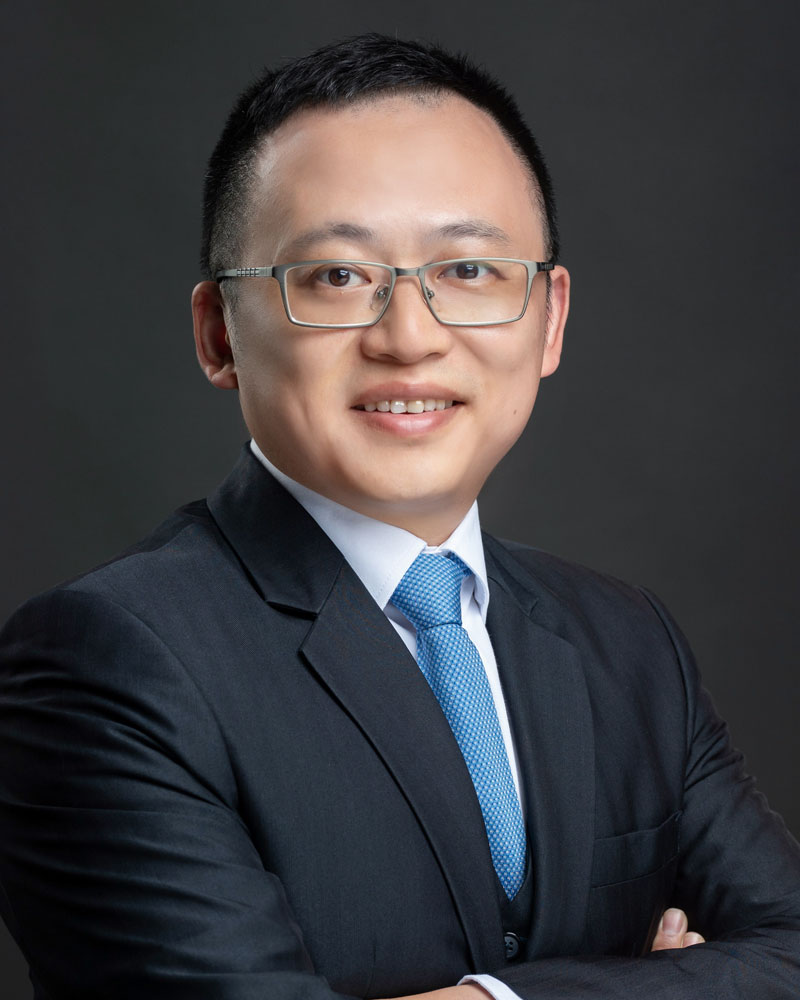

February 28, 9h00
Seraphine Wegner
University of Münster, Germany
Bottom-up tissue and biofilm assembly guided by light
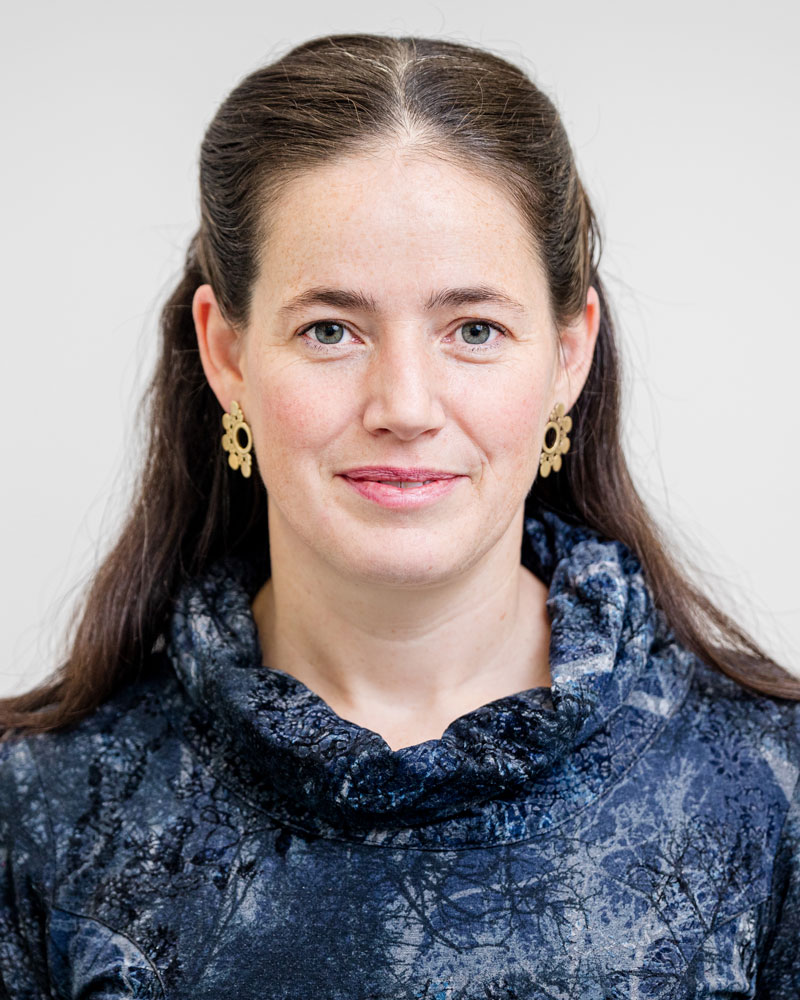

March 7, 9h00
Lorenzo Moroni
Maastricht University, The Netherlands
Biofabrication technologies and strategies for regenerative medicine and 3D in vitro models
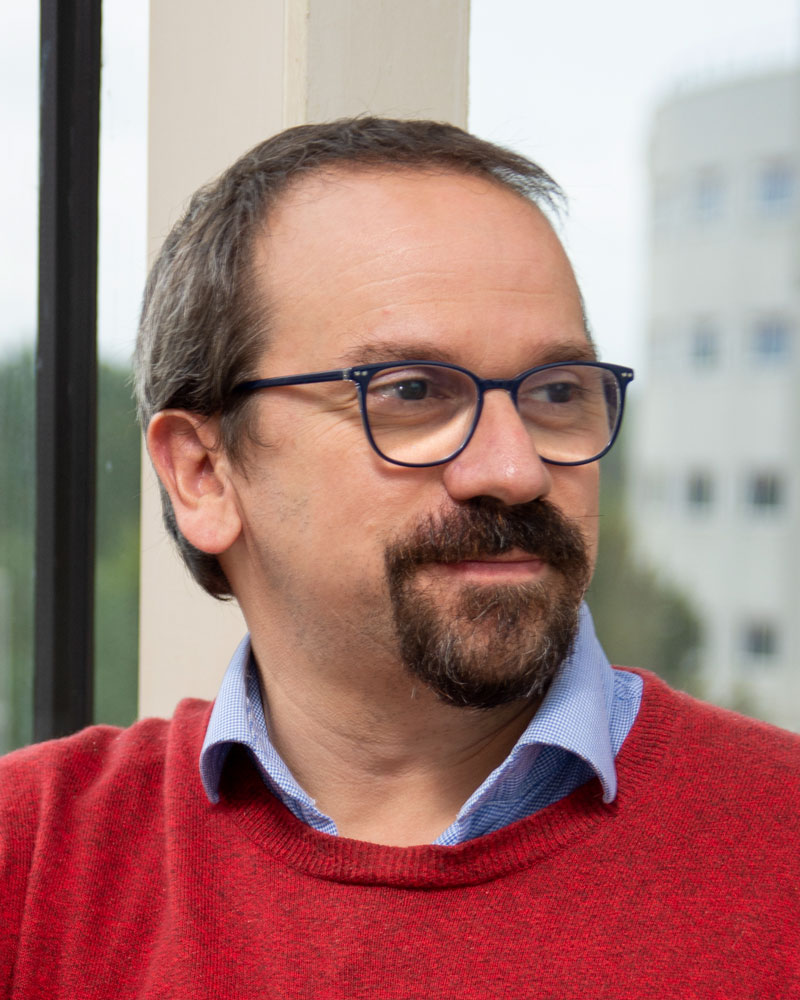

March 14, 8h30
Tal Dvir
Tel Aviv University, Israel
From 3D Printing to Cyborg Tissues: Redefining Tissue Engineering
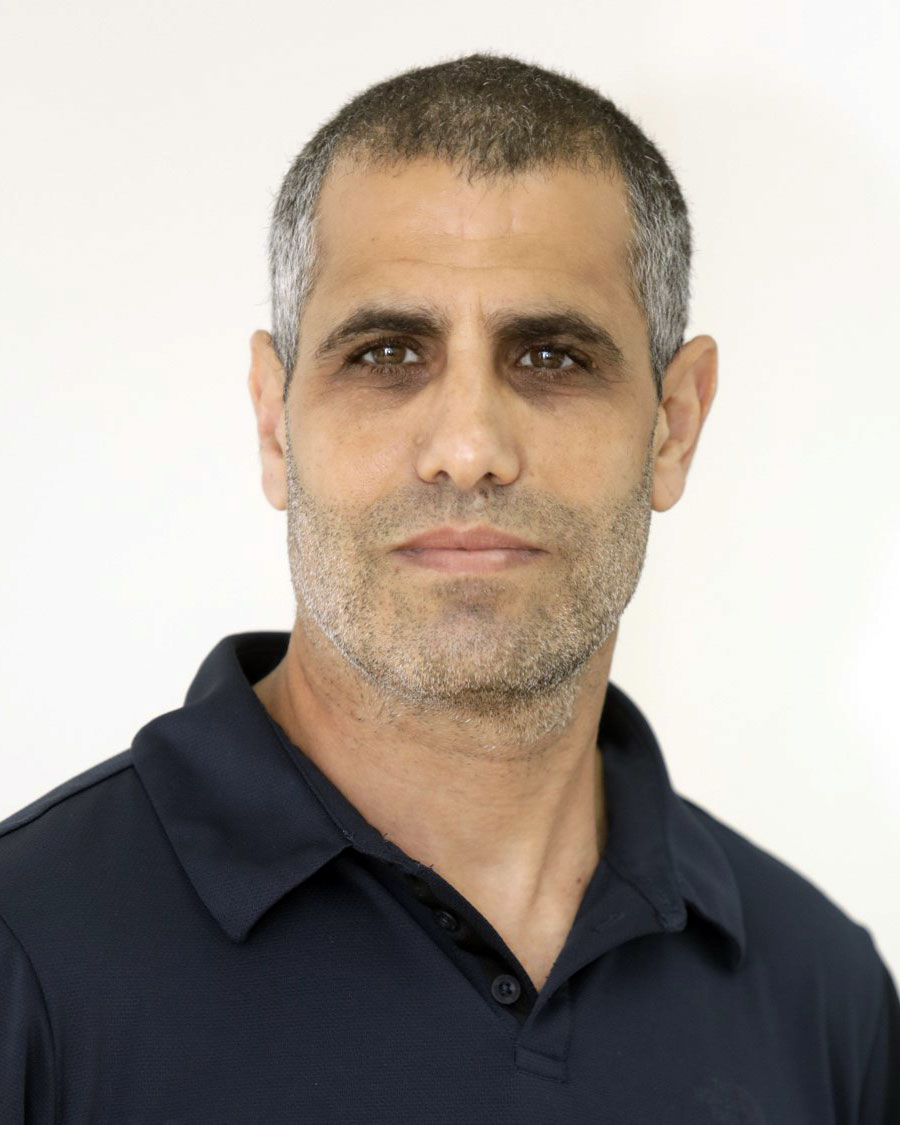

March 21, 9h00
Yan Yan Shery Huang
University of Cambridge, United Kingdom
Multiscale biofabrication towards system engineering biology
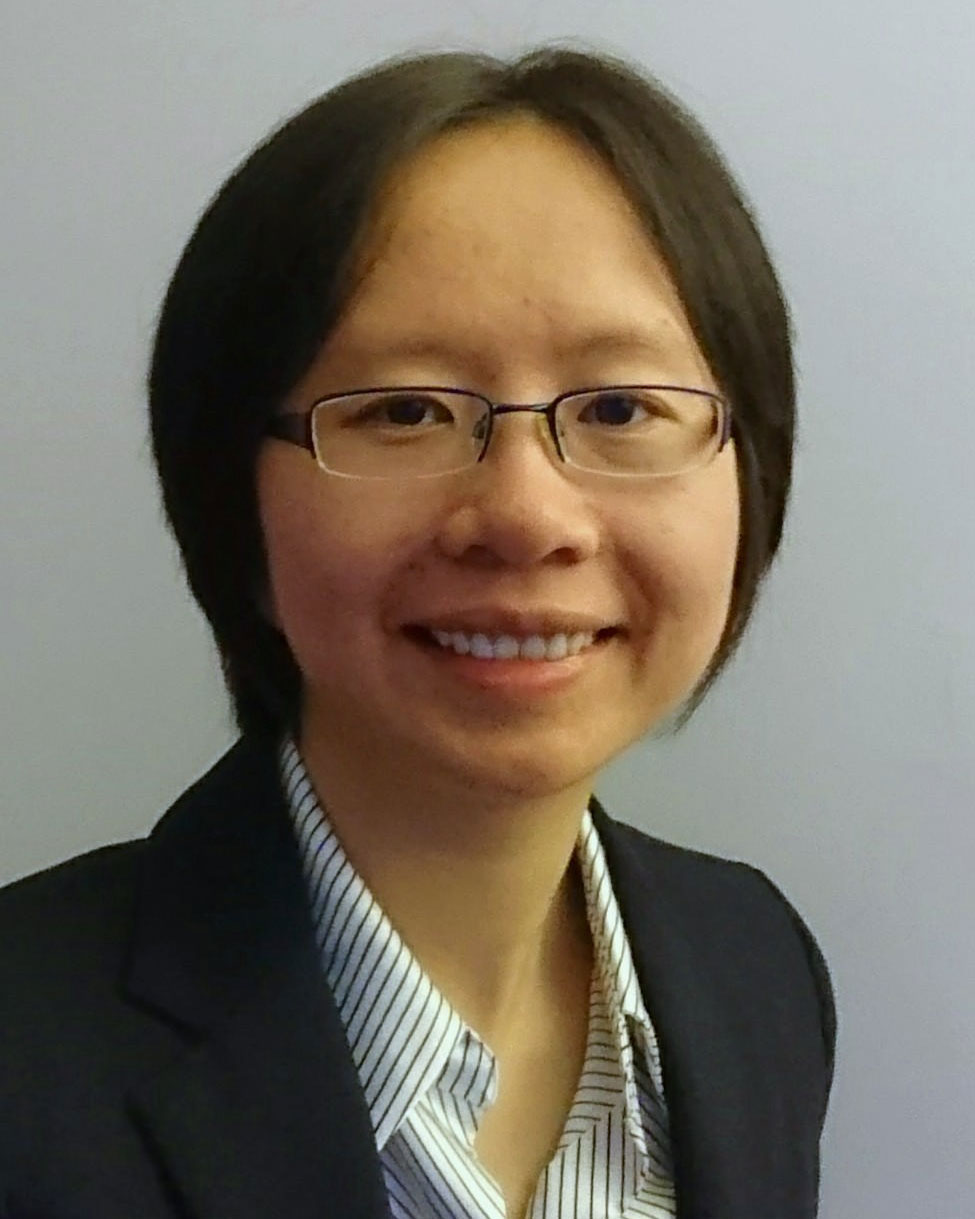

April 3, 21h00
Cole DeForest
University of Washington, United States
Engineering Native Biological Complexity from the Inside–out and Outside–in
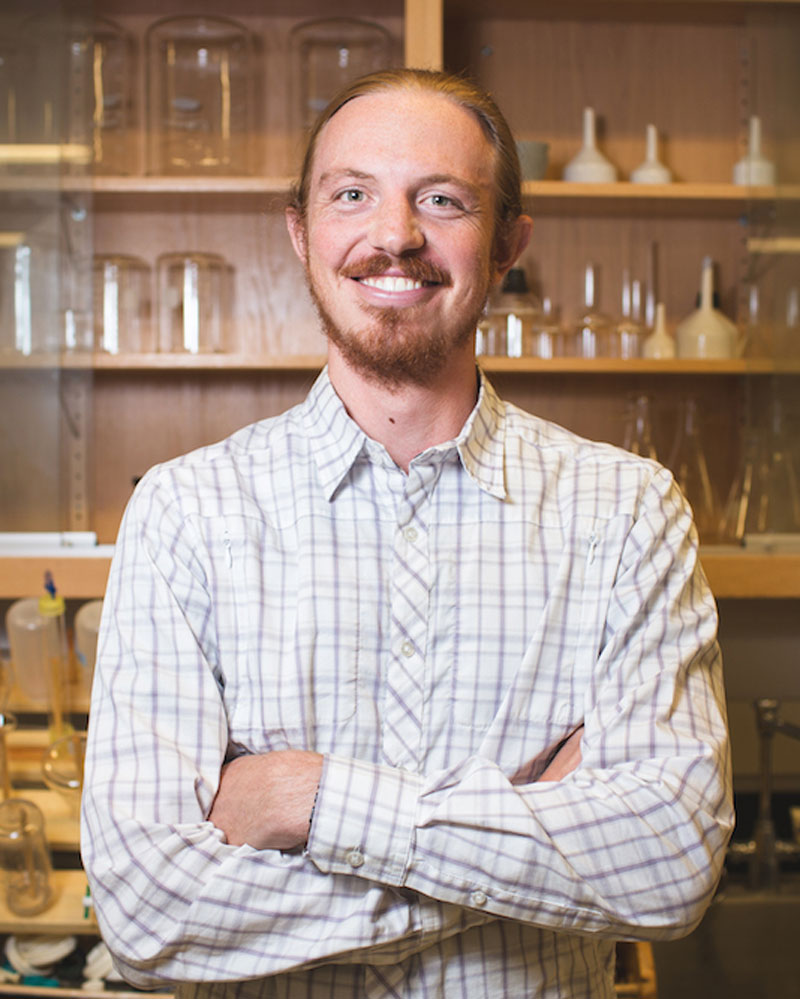

April 10, 21h00
Mark Skylar-Scott
Stanford School of Medicine, United States
Scaling up 3D Bioprinting Toward Whole Organ Engineering


May 8th, 21h00
Ritu Raman
Massachusetts Institute of Technology (MIT), United States
4D Tissue Engineering of the Neuromuscular System
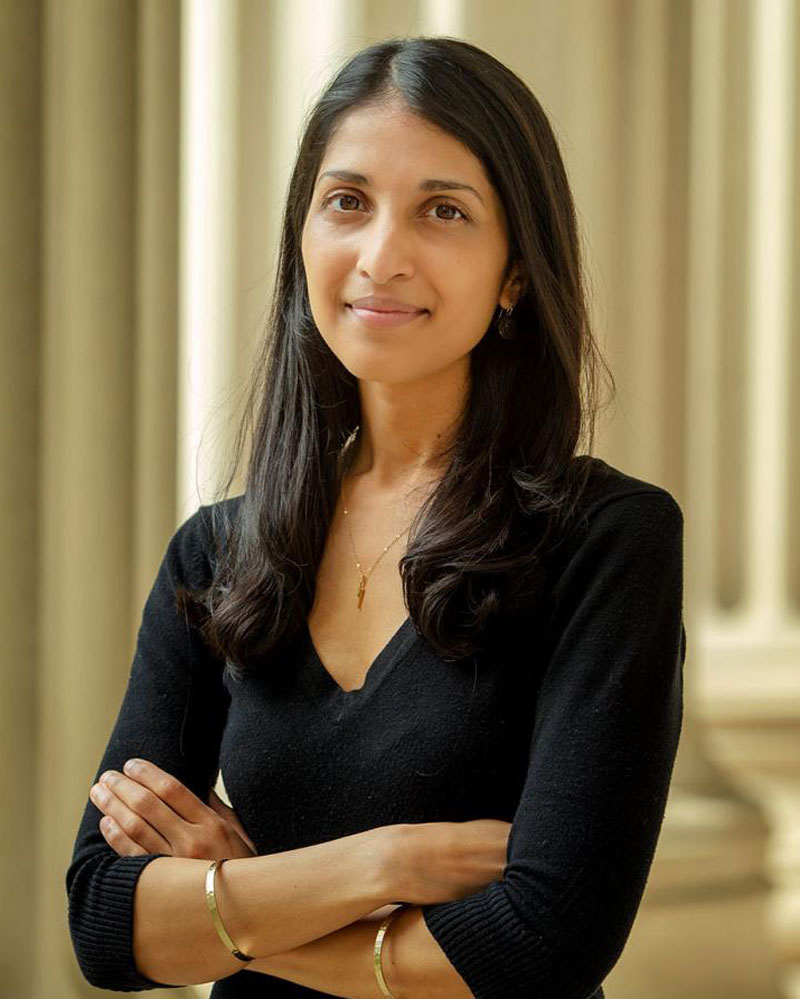

May 9, 9h00
Anna Rising
Karolinska Institute, Sweden
Spider silk biomimicry for biomedical applications
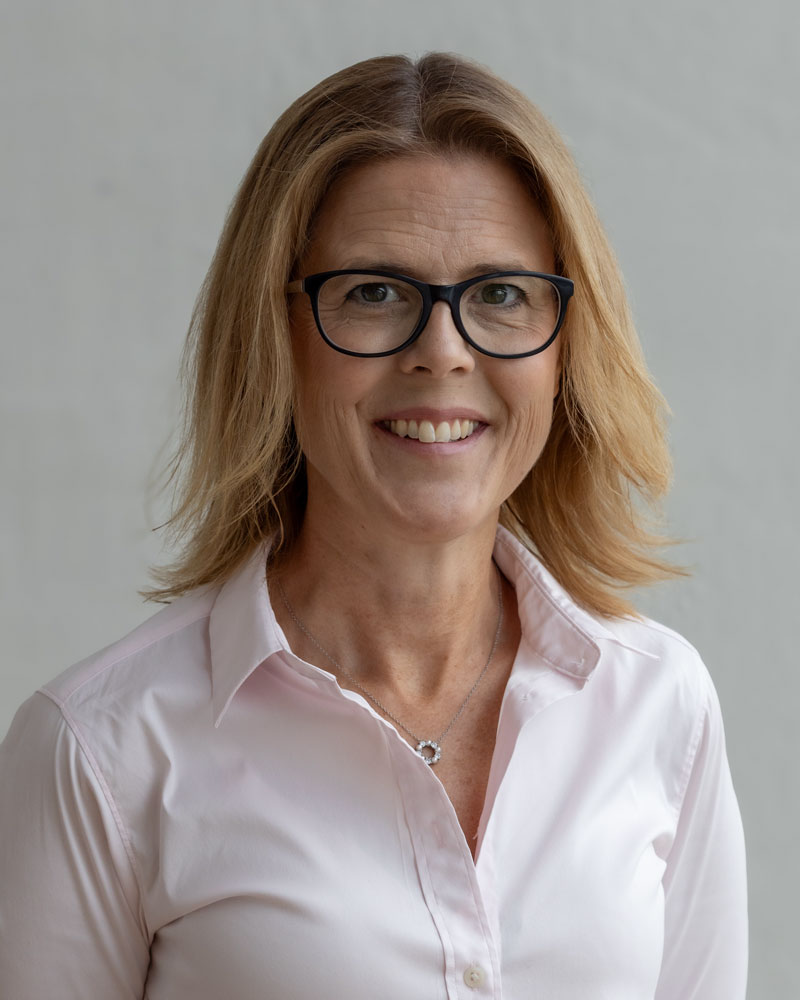

May 16, 9h00
Evan Spruijt
Radboud University, The Netherlands
Biomolecular condensates in health and disease: unraveling their role in protein aggregation and membrane remodeling
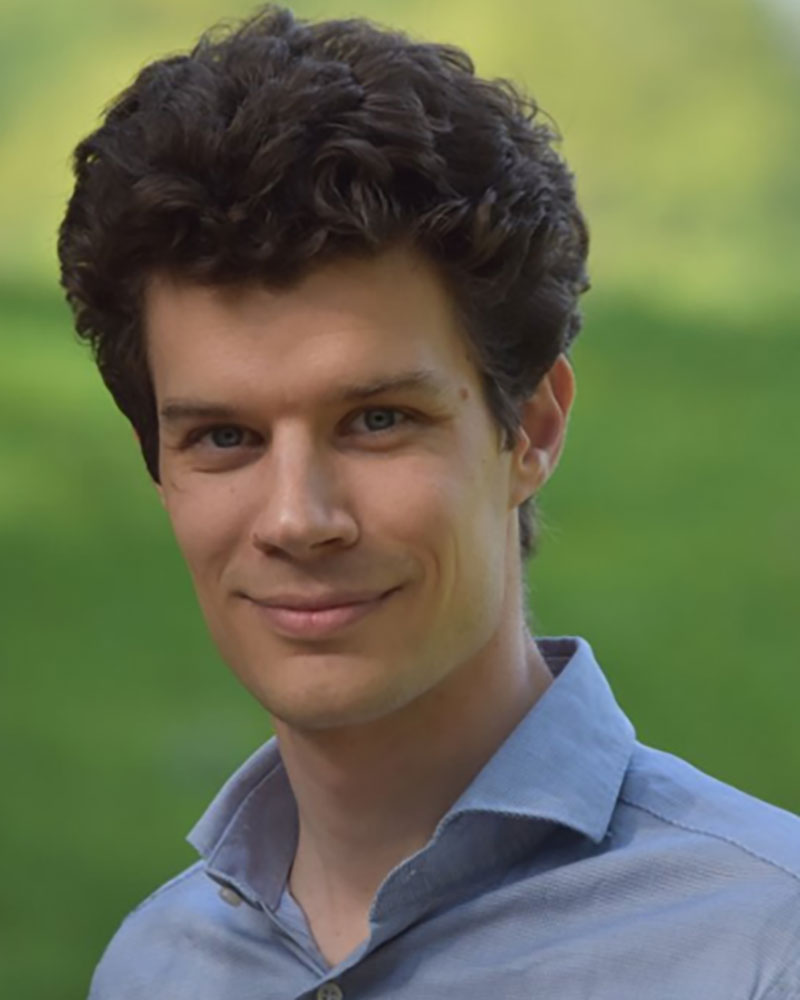

May 29, 21h00
David Kaplan
Tufts University, United States
Recent Advances with Silk Protein Based Biomaterials
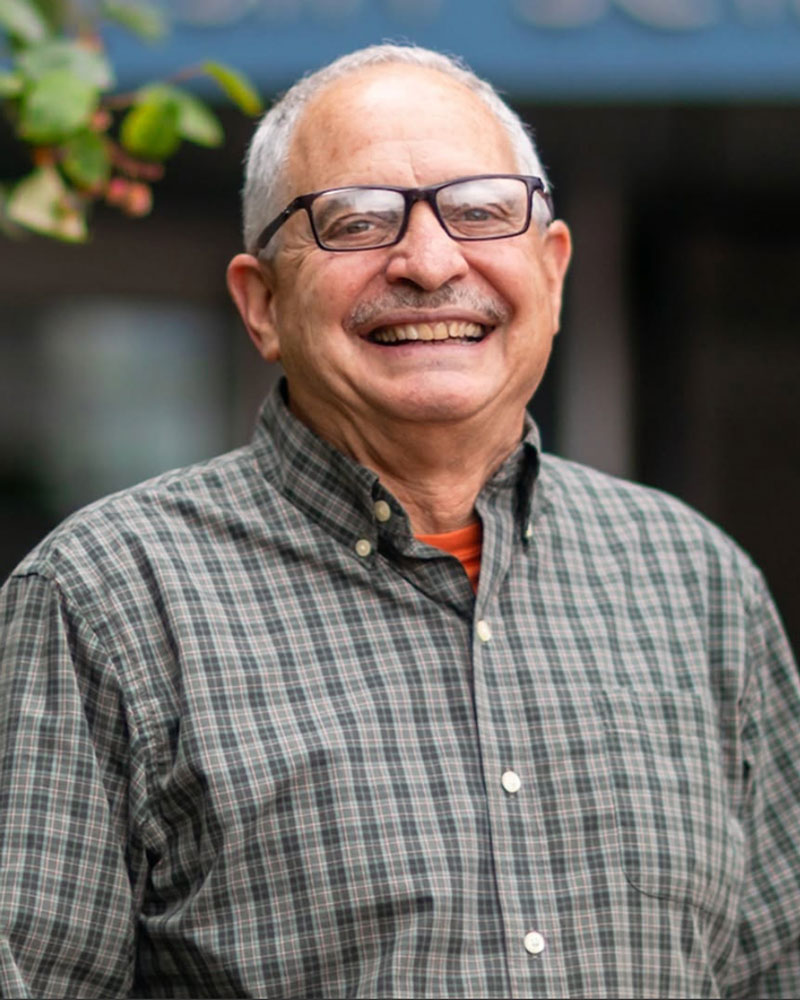

June 06, 9h00
Molly Stevens
Oxford University, United Kingdom
Designing and translating biomaterials for regenerative medicine and therapeutics
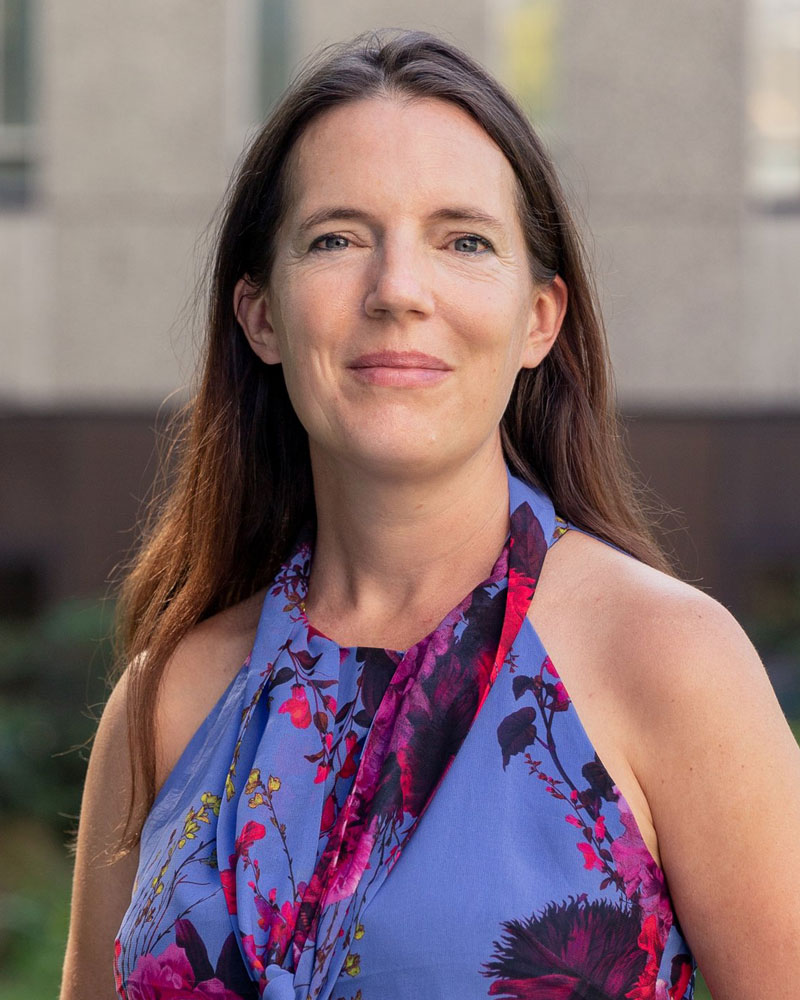

Join us!
Register now to join the webinar series and stay updated on upcoming talks and key event details!
Done!
Thank you for registering! We look forward to seeing you soon.Please check your email (including your SPAM folder) for a confirmation message. If you do not receive any email, please register again.
